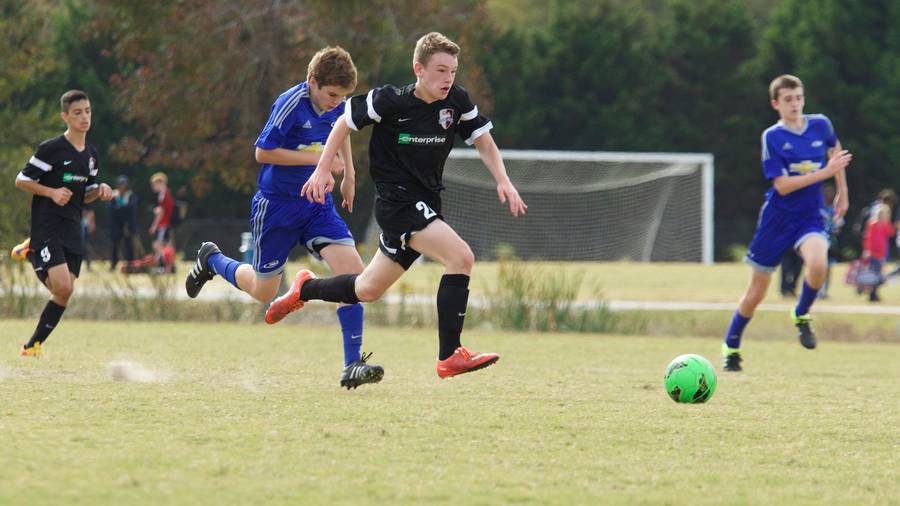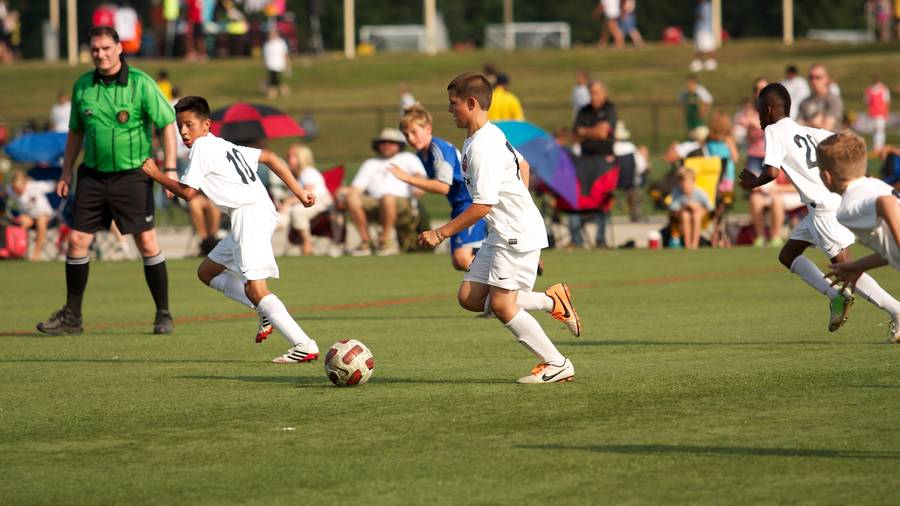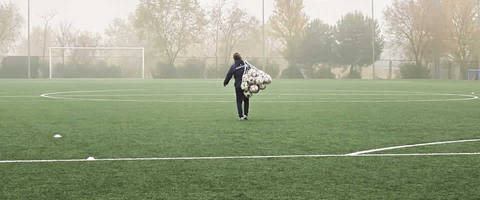
Grassroots football is more than just a game we love, it builds communities and is a source of inspiration as well as catalyst for positive change.
There are many remarkable ways in which junior grassroots football clubs across the UK are extending their impact beyond what is expected of them.
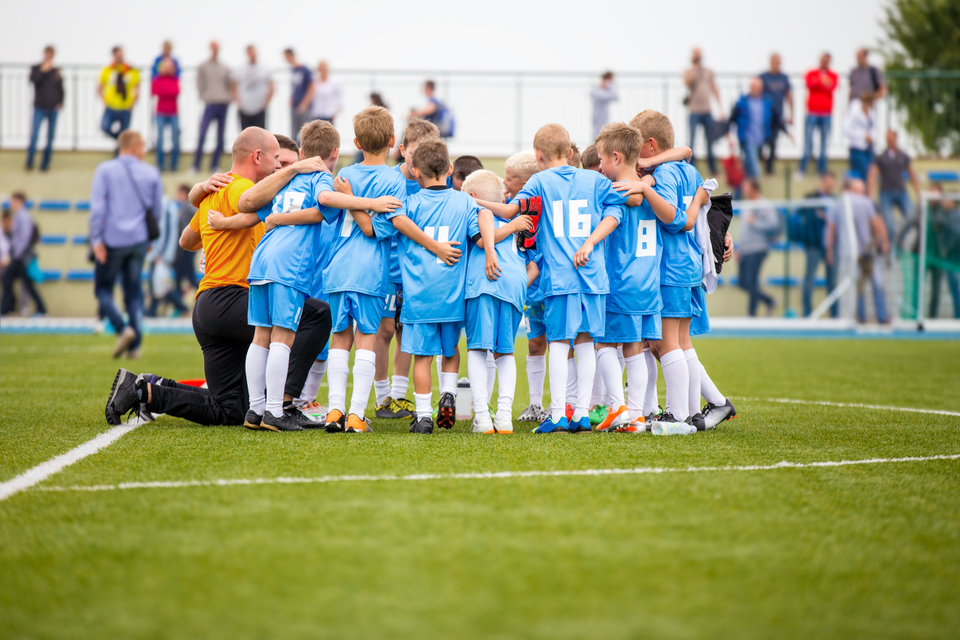
From charity events that bring communities together to partnerships with local businesses and innovative social impact programmes, many clubs are proving that their influence stretches far beyond the boundaries of the football pitch.
Junior grassroots football clubs in the United Kingdom have emerged as beacons of community engagement and are having a tangible and positive impact on our society.
One of the most powerful examples of grassroots football clubs making a difference in their community is through the charity events that are going on right throughout the football calendar.
These events not only raise funds for worthy causes but also provide a sense of community spirit and togetherness.
Junior grassroots football clubs often organise charity matches and fundraisers to support local causes.
For instance, Ashton United Youth FC recently organised a charity match to raise funds for a local children's hospital to much acclaim and it was a huge success.
Such events not only generate financial support but bring people together for a common cause.
The impact is twofold, benefiting the charity and creating a stronger sense of unity among club members and the wider community.
Many clubs have embraced community outreach programs, such as West Richmond Youth FC's initiative to provide football coaching to underprivileged children.
By reaching out to those who may not have easy access to sports activities, these clubs contribute to the physical and mental wellbeing of children whilst simultaneously addressing social inequalities.

The lasting impact of this work is seen in the positive development of young players who might otherwise have been overlooked.
Junior grassroots football clubs often go beyond monetary contributions by donating equipment and seeking sponsorships to support local causes.
Nottingham City FC, for instance, partnered with local businesses to provide kits and equipment to a local school.
This not only aids the development of football skills among youngsters but also promotes inclusivity by overcoming financial barriers.
This type of support also enables clubs to become actively involved in social inclusion projects, exemplified by the Birmingham SH Junior FC's collaboration with a local disability charity.
By creating integrated football programmes for individuals with disabilities, grassroots clubs are breaking down societal barriers and challenging stereotypes.
The impact of such initiatives is immeasurable, as they promote diversity, equality, and a sense of belonging within the community.
Right across the UK junior grassroots football clubs are proving to be powerful agents of positive change through their commitment to supporting local communities and charitable organisations.
Grassroots football clubs often organise community fun days, featuring activities for families and children.
These events bring the community together, offering not only football related games but also entertainment, food stalls, and live performances.
Events like these can also incorporate charity matches where players, coaches, and community members come together to raise funds for local causes.
Clubs can leverage online platforms to run crowdfunding campaigns for specific community projects or to support individuals in need.
These initiatives allow not only club members but also the broader community to contribute to something positive.
Some clubs are forging partnerships with local businesses to achieve this.
Virtually all grassroots clubs seek sponsorships from local businesses to help with kit and equipment with supportive companies displaying their logos on team kits or around the pitch.
In return, clubs promote these businesses, encouraging community members to support the local companies that support them.
Some grassroots clubs even partner with local businesses to offer job training or work experience programmes for young members providing valuable skills and employment opportunities, contributing to their wider development.
Beyond charity events and business partnerships, grassroots football clubs are mirroring the work of professional clubs and initiating social impact programmes that address pressing issues within their communities.
For example, some clubs actively promote inclusivity by offering football programmes for individuals with disabilities, creating an environment where everyone can enjoy and benefit from participating in the game.
Recognising the importance of education and school work, some clubs run homework clubs or even tutoring sessions for young players.
By providing academic support, they aim to empower children to succeed both on and off the pitch.
Additionally, grassroots clubs are increasingly taking on the role of mental health advocates.
They organise awareness campaigns, workshops, and support groups to promote mental wellbeing to their players.
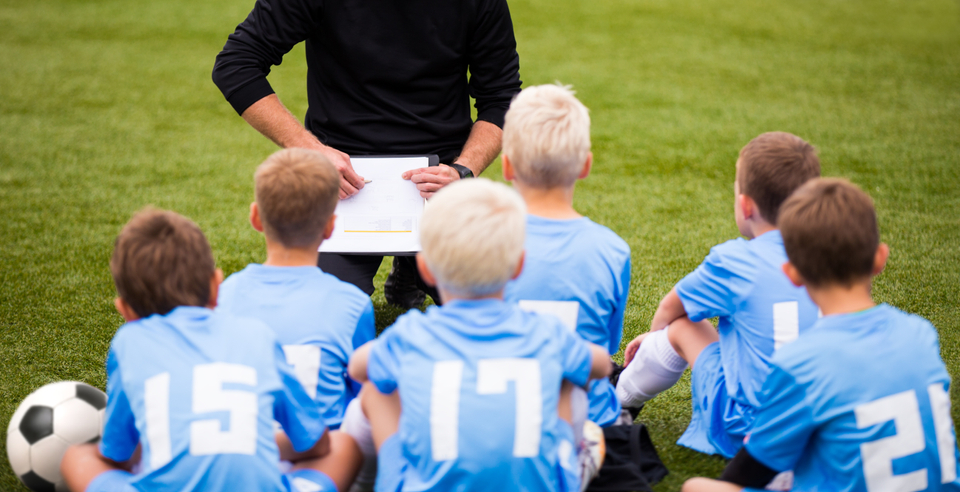
Climate change is said to be the number one issue of concern to many young people and in response to growing environmental concerns, some grassroots football clubs are embracing sustainability initiatives to create greener and more eco-friendly communities.
Clubs organise community clean-up events, engaging players and local residents in maintaining the cleanliness of pitches and surrounding areas.
The initiatives instil a sense of pride and responsibility within the community.
Clubs are also adopting sustainable practices, including the use of green energy sources and waste reduction measures, and there is a drive for new investment into eco-friendly pitches and facilities, using environmentally friendly materials and practices to create spaces that align with the broader goals of sustainability.
Grassroots football clubs are not only focused on developing players skills on the field but also on nurturing the personal growth and leadership potential of young individuals.
Clubs organise leadership workshops and seminars for young players, teaching them valuable life skills such as teamwork, communication, and resilience.
As part of this, young players are encouraged to get involved in community service initiatives, helping with their sense of personal responsibility and empathy for others.
As players get older some clubs have drawn on post 16 funding to help deliver qualifications alongside football training for 16-18 year olds and deliver a pathway into high level football or into Higher Education.
From partnerships with businesses that stimulate local economic growth to charity events that unite neighbourhoods and social impact programmes that address critical issues, grassroots football can be a powerful force for positive change.
These clubs are not only nurturing the football players of tomorrow but also creating environments where individuals thrive, communities flourish, and their impact extends way beyond the game on the pitch.



